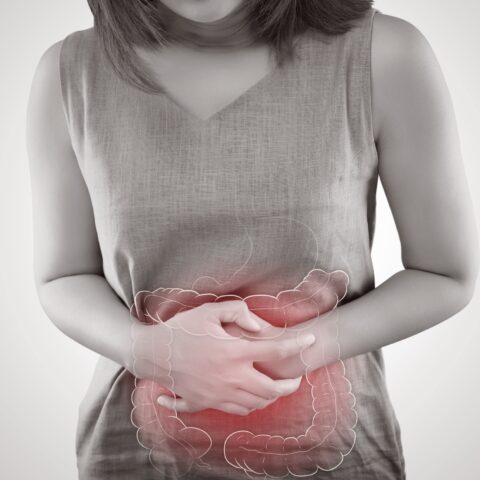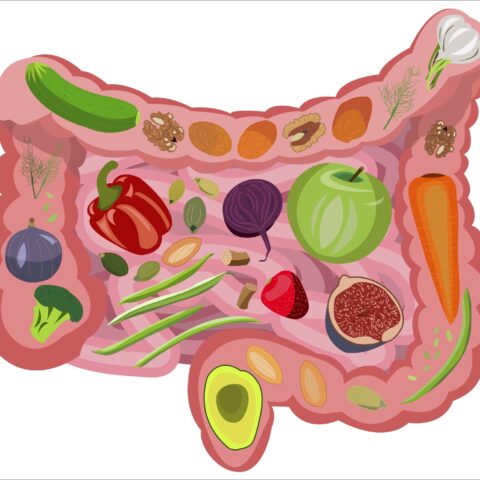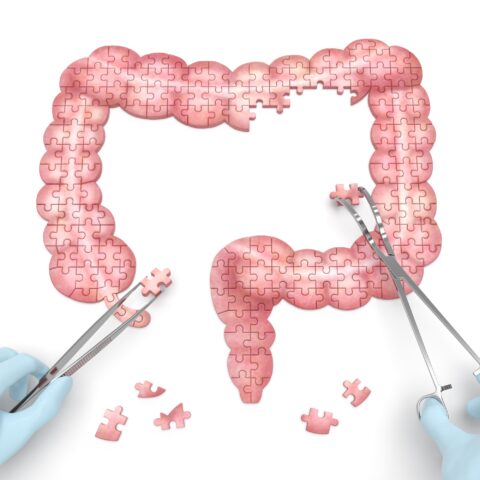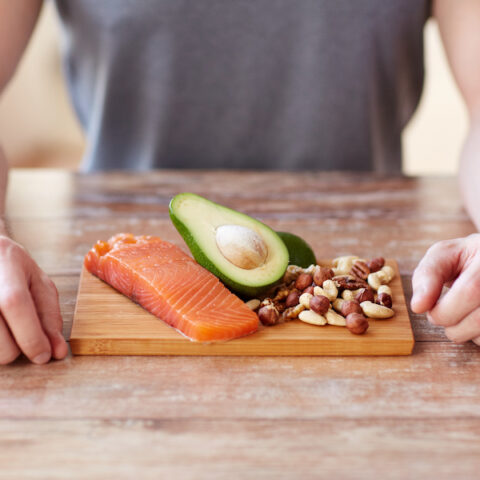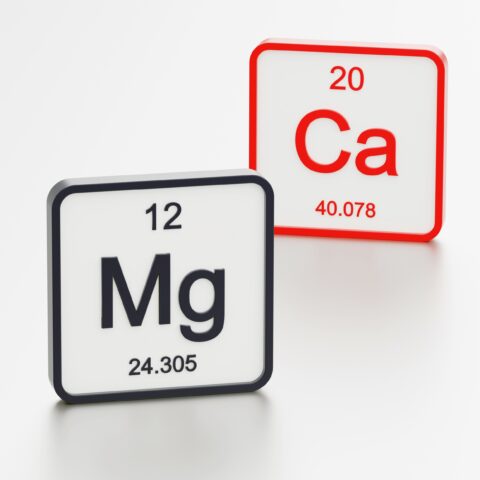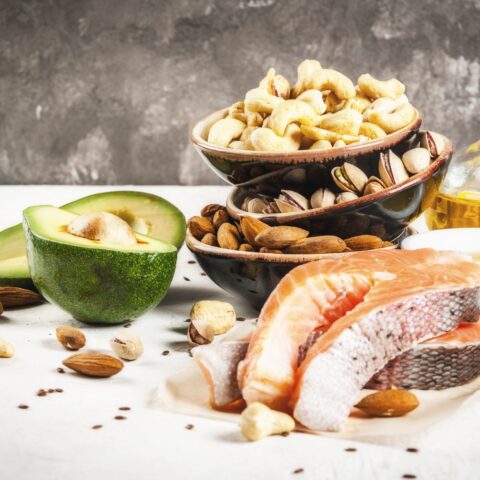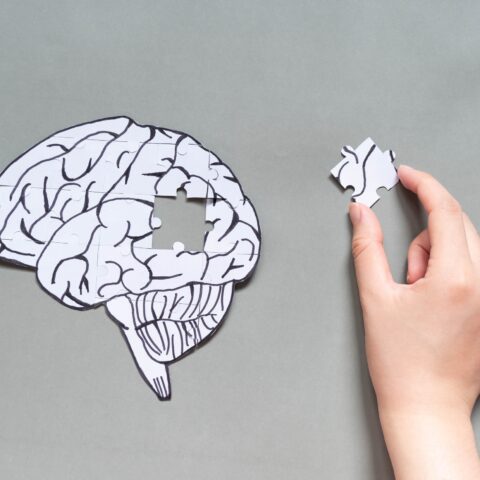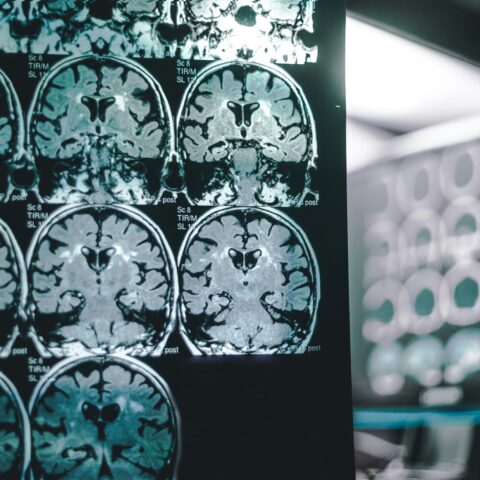Science Behind
What To Do If You Have Ulcerative Colitis
Aimee McNew
Learn about ulcerative colitis (UC) and specifically the medications and dietary changes that can help ease UC. Inflammatory Bowel Disorders: Crohn’s Disease and Ulcerative Colitis According to the Mismatch Hypothesis (part 2)
M.Sc. and Raphael Sirtoli, M.Sc.
In part 2, we explore the official guidelines for treating IBD and how successful they are at helping patients avoid surgery. We also review the non-pharmaceutical interventions such as diet. Inflammatory Bowel Disorders: Crohn’s Disease and Ulcerative Colitis According to the Mismatch Hypothesis (part 1)
Raphael Sirtoli, M.Sc.
Are environmental factors driving the rise of IBDs? See more about the etiology, symptoms, and potential treatments of Crohn’s and ulcerative colitis. Protein: Is It Bad for Your Gut?
M.S. and Robert Yang, M.S.
There is an ongoing debate in the nutrition world about protein’s effect on the gut. A healthy gut microbiome is critical to preventing disease and inflammation. Research shows protein actually improves gut health rather than harm it when combined with fiber. The Importance of the Magnesium and Calcium Relationship: A Key Ratio for Health
M.S. and Trevor Connor, M.S.
The magnesium and calcium relationship is important for overall health—and government guidelines on calcium got the science wrong. The Importance of the Omega-6/Omega-3 Ratio to Human Health
Mark J. Smith, Ph.D. and Ph.D.
Humans evolved to consume approximately a 1:1 ratio of omega-6 to omega-3 fatty acids. While there has been a push for a higher consumption of omega-3s, many don’t realize they’re also over-consuming omega-6s. Protein, Fasting, and the mTOR Pathway
David Whiteside
Overeating, especially of protein, activates the mTOR pathway which some researchers associate with increased cancer risk and shortened lifespan. Balancing macronutrients, like protein, can be challenging, but by looking at our hunter-gatherer ancestors lifestyles we can see that fasting may be one way to help keep mTOR in check. The Best Plant-Based Proteins (That Are Also Paleo)
Elisabeth Kwak-Hefferan
Interested in eating both vegetarian and Paleo? Here’s everything you need to know about plant-based proteins. What Science Really Says About Eggs and Heart Disease
Aimee McNew
What does the research say about eggs? If you are not allergic to eggs, the general consensus is that they’re a great Paleo food. How Exercise and Diet Can Reverse Type 2 Diabetes
Aimee McNew
The medical community traditionally states type 2 diabetes is a life-long condition, but new research shows it may be reversible with the right combination of diet and exercise. Addressing neurodegeneration with ReCODE: Part III of our interview with neuroscience researcher Dr. Dale Bredesen
The Paleo Diet Team
In part III of our interview with neuroscientist Dr. Bredesen, we will finally address his treatment for cognitive decline—called ReCODE and Keto Flex 12/3. 